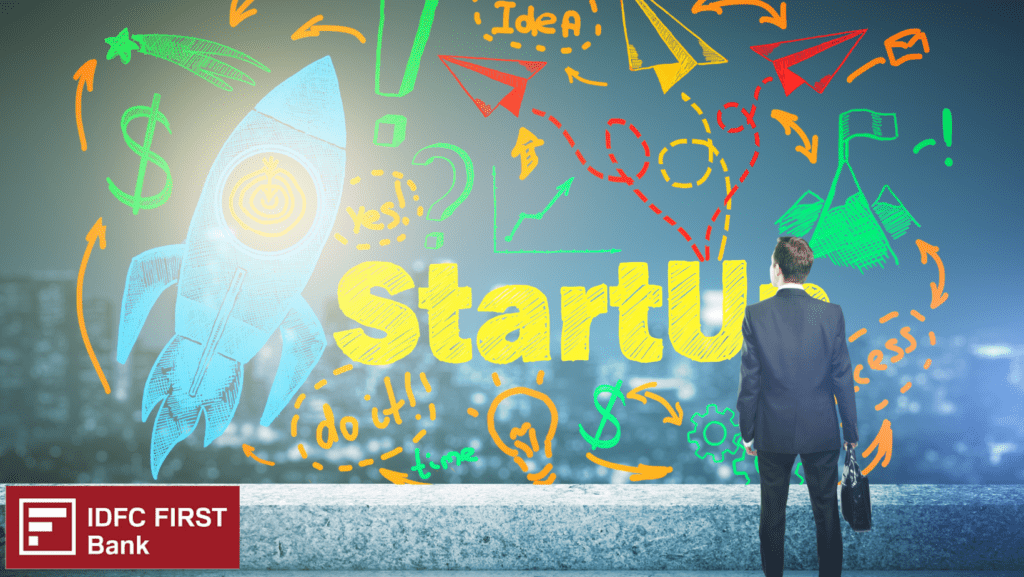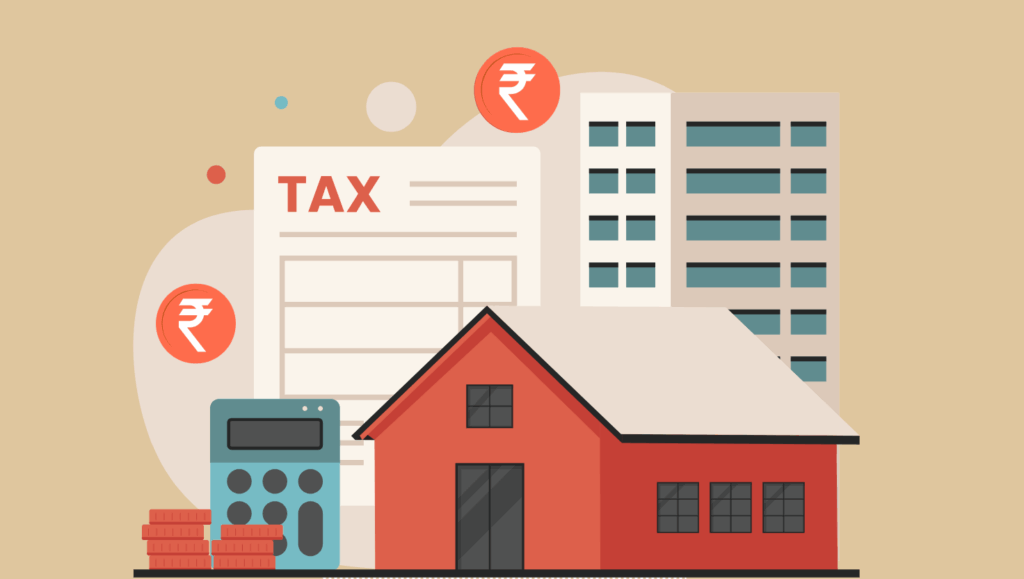
Will your job survive 2030? As AI and automation reshape India’s workforce, only five careers stand unshaken! Backed by 2025’s freshest data, uncover the resilient roles—from healthcare heroes to green tech pioneers—that defy disruption. With 78 million new jobs on the horizon, this suspenseful guide reveals India’s future-proof professions. Can you outsmart the AI revolution?
As we approach 2030, the global job landscape is experiencing a swift and transformative evolution driven by relentless technological innovations, demographic shifts, and socioeconomic changes. The rise of artificial intelligence (AI), automation, and digital platforms is redefining the very fabric of employment, with many traditional roles becoming obsolete or heavily restructured. In this dynamic scenario, it can be both unsettling and exciting to explore which careers will withstand the test of time and technological disruption. From an Indian perspective, this exploration is crucial due to the country’s young workforce, fast-growing economy, and ambitious digital and industrial initiatives.
In this comprehensive blog post, we dissect the only five jobs that will remain relevant and in-demand in 2030, supported by the latest data and insights for 2025. The narrative will blend global trends with India-specific context to deliver a uniquely insightful outlook, optimized for those eager to secure future-proof career paths.
The Changing Face of Work by 2030
The future of work is no longer a distant concept but a present reality taking shape dramatically. According to the World Economic Forum’s Future of Jobs Report 2025, job disruption will affect approximately 22% of current roles by 2030, with an estimated 78 million net new jobs created globally through innovations and shifting economic imperatives. However, the same report highlights a critical skill gap, with nearly 60% of workers worldwide needing reskilling or upskilling to remain employable.
India, with its demographic advantage of a median age of 28 years and a rapidly expanding digital economy, stands poised to leverage this transition. Still, the onus lies on individuals, educators, and policy-makers to foster skills that blend human creativity, analytical thinking, and technological proficiency. By 2030, India’s AI transformation alone is expected to reshape 10.35 million jobs, emphasizing the need for adaptive strategies.
Given this background, which jobs will endure and even thrive by 2030? Let’s dive into the five future-proof careers that promise stability and growth. These roles are not just surviving automation; they’re evolving with it, incorporating elements like machine learning, sustainable practices, and human-centric services. From bustling metropolises like Mumbai and Bengaluru to rural heartlands, these professions will form the backbone of India’s economic narrative.
Imagine Raj, a young engineer from Kerala, pivoting from traditional manufacturing to AI-integrated healthcare—stories like his illustrate how these jobs offer not just employment but meaningful impact in a tech-driven world.
Is Your Startup’s Banking Holding You Back? Here’s the Solution You’ve Been Waiting For
Google Pixel 10a Pure Android 16 Experience: 7 Years Updates and AI Features
PNB’s 2025 Credit Card Relaunch – Can It Outsmart SBI Card and Private Banks Like HDFC?
SBI Takeover of Education Loans: Collateral-Free Loans Up to ₹50 Lakh — Lower Interest Rates
The Only 5 Jobs That Will Remain In 2030
1. Healthcare Professionals: The Irreplaceable Human Touch
Despite rapid automation in many sectors, healthcare remains quintessentially human. Roles such as doctors, nurses, medical technicians, and biomedical engineers are projected to see significant growth owing to increasing life expectancy, population aging, and heightened health awareness globally—including India’s expanding healthcare infrastructure.
In India, government schemes like Ayushman Bharat and private sector investments are accelerating healthcare access, driving demand for skilled personnel. The sector is projected to add over 6.3 million additional jobs by 2030, fueled by demographic shifts and non-communicable diseases. Demand for Indian healthcare professionals is expected to double nationally and globally by 2030, with opportunities in telemedicine and personalized care.
Biomedical engineering and health informatics offer exciting intersections with technology, incorporating AI diagnostics and telemedicine. For instance, AI tools can analyze scans, but human professionals provide the empathy and nuanced judgment essential for patient outcomes. The rise of personalized medicine and biotechnology reinforces the need for expert professionals to design, implement, and manage health solutions.
Human empathy, critical decision-making, and hands-on care are attributes technology cannot replicate fully, making healthcare an evergreen sector for decades to come. Consider Priya, a nurse from Delhi, who combines traditional caregiving with AI-assisted monitoring to support elderly patients in remote areas—this blend exemplifies why healthcare jobs are resilient.
Delving deeper, India's health sector is quietly creating a wave of opportunities, from allied health roles like physiotherapists to specialized positions in mental health, which are gaining traction post-pandemic. By 2030, with India's population projected to reach 1.5 billion, the need for robust healthcare systems will ensure these roles remain indispensable.
2. Educators & Trainers: Shaping Minds for a Fast-Changing World
Education will remain a cornerstone profession, especially roles focusing on lifelong learning, upskilling, and specialized training in emerging technologies.
India’s population demographic strongly supports a sustained demand for teachers across all levels, especially in STEM (Science, Technology, Engineering, and Math) and digital literacy. With over 600 million under 25, edtech is bridging skill gaps, but human educators are irreplaceable for fostering critical thinking. AI is set to impact 2.5 million education jobs by 2030, yet this disruption creates demand for trainers in AI ethics and hybrid learning.
New modes of virtual and hybrid learning are expanding the horizons for educators, requiring adaptability and creativity. Platforms like BYJU'S and Khan Academy highlight India's edtech boom, but personalized mentorship remains human-led.
Trainers and facilitators who can reskill adults for the evolving job market hold strategic importance. The human connection in education, mentorship, and critical socio-emotional development ensures that teaching and training roles will not only survive but gain prominence in 2030.
Take the story of Anand, a teacher from Rajasthan, who transitioned to online upskilling programs during the 2020s lockdowns. His ability to adapt to VR-based classrooms positions him as a future leader in education. Globally, the OECD's Future of Education and Skills 2030 emphasizes attitudes and values that only human educators can instill.
In India, initiatives like the National Education Policy 2020 aim for holistic development, ensuring educators evolve into facilitators of lifelong learning, blending tech with empathy.
3. AI and Machine Learning Specialists: Architects of the Future
No conversation about future jobs is complete without AI and machine learning experts—the driving force behind automation and innovation.
These specialists design, develop, and maintain AI systems critical across industries, including finance, healthcare, manufacturing, and e-commerce. In India, demand for ML jobs is set to grow over 40% by 2030, with roles like AI Research Scientists and Data Scientists leading the charge.
Indian tech hubs, backed by government initiatives like Digital India and Startup India, are fostering strong AI ecosystems. Bengaluru alone hosts thousands of AI startups, creating a vibrant job market.
The World Economic Forum forecasts rapid growth in AI roles due to the digital transformation that is sweeping all sectors. This career demands continuous learning and adaptability but promises high employability and lucrative prospects in India and globally.
Narrative-wise, envision Meera, a machine learning engineer from Hyderabad, developing AI for predictive agriculture. Her work not only boosts yields for farmers but also secures her role in a field where humans architect the machines. High-paying positions like NLP Engineers and Computer Vision Specialists are emerging, with salaries often exceeding INR 20 lakhs annually.
As AI affects jobs from 2025-2030, specialists will be the ones steering this change, ensuring ethical implementation and innovation.
4. Green Energy and Environmental Engineers: Catalysts for Sustainability
As climate change intensifies, the push for sustainability is transforming energy generation and industrial processes.
In India, renewable energy sectors such as solar and wind are booming, driven by governmental incentives like the Production Linked Incentive (PLI) scheme and international climate commitments. The sector reached 1.02 million jobs in 2023, with potential for 35-40 million green jobs by 2030-2040.
Environmental engineers and green tech specialists design sustainable infrastructure solutions, waste management technologies, and carbon reduction systems. India's 500 GW non-fossil target by 2030 could add 8 million green jobs in renewables alone.
This sector merges engineering skillsets with environmental sciences and policy knowledge, offering numerous growth avenues. With the global emphasis on green jobs, these roles ensure relevance and societal importance in 2030 and beyond.
Story of Vikram, an environmental engineer from Gujarat, working on solar farms: His expertise in integrating AI for energy optimization highlights the interdisciplinary nature. The ILO forecasts 3 million jobs in renewables by 2030, underscoring India's potential.
5. Skilled Frontline Workers and Caregivers: The Backbone of Essential Services
Many frontline jobs—farmworkers, delivery drivers, construction workers, and caregiving professionals—will continue to be indispensable.
Despite some automation potential, these roles require a mix of manual skill, human judgment, and emotional intelligence. India's demographic trends and expanding e-commerce ecosystem will sustain demand for logistics, healthcare aides, and service providers.
Caregiving, including elderly and child care, involves nuanced human interaction that AI cannot replace. With an aging population, caregiver jobs are proliferating, with thousands of openings in home care.
These essential roles are projected to experience growth in the absolute number of jobs with improvements in quality and safety standards. In Bihar, for example, frontline health workers like AWWs are motivated by stable roles amid tech shifts.
Narrative: Lakshmi, a caregiver in Chennai, provides compassionate care to seniors, blending tech like health apps with personal touch—proving why these jobs endure.
Related Emerging Jobs and Skill Trends in India
While the above five represent broad categories, the Indian workforce will also see growth in hybrid and interdisciplinary roles that combine elements of technology, creativity, and human-centric skills. For example:
- Cybersecurity specialists to protect burgeoning digital infrastructure, with over 3,000 jobs emerging and a surge in demand by 2030.
- Data analysts merging business insight with technology, integral to AI-driven decisions.
- AR/VR developers enabling immersive digital experiences, with job postings up 1,400% in recent years.
- FinTech engineers revolutionizing financial services, with over 1,000 analyst roles available.
Continuous learning, agility, and a blend of technical and soft skills will be critical for workers at all levels. Emerging tech careers like Cloud Architects and AI Ethics Specialists are also on the rise, offering salaries in the top tiers.
India's IT sector expects a 20% job increase in AI by 2025, extending to 1 million tech jobs by 2030 in AI, cybersecurity, and cloud.
Final Thought: Preparing for the Future Jobscape
The workforce of 2030 will be shaped by a delicate balance between human qualities and technological prowess. Those seeking long-term career sustainability must embrace adaptability, lifelong upskilling, and an openness to multidisciplinary roles.
From an Indian viewpoint, prioritizing education in healthcare, technology, sustainability, and essential services will empower millions to thrive in a transitioning global economy. As automation retools many job functions, the value of empathy, creativity, and resilience—the uniquely human traits—will become more prized than ever.
The only five jobs that will remain in 2030 are grounded in this human-technology synergy, proving that while machines evolve, the core roles that define our humanity will endure and flourish.

































